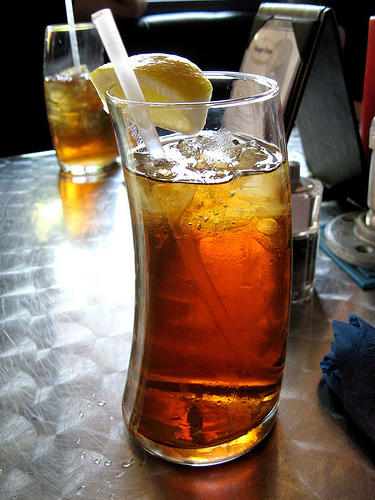Part 2 of Chapter 2 of Runaway Eating: What is Runaway Eating?
The restricting runaway eater is like a person with anorexia nervosa, but milder. Still, such a person tends to worry about getting fat. She might override her hunger signals and cut back her food intake to dangerously low levels.
 While some restricting eaters stop feeling hungry, most have the strong desire to eat and think about food all the time. The other interesting thing to them is being thin and in control. They may check the mirror and buy clothes that are too small, hoping to someday fit into them.
While some restricting eaters stop feeling hungry, most have the strong desire to eat and think about food all the time. The other interesting thing to them is being thin and in control. They may check the mirror and buy clothes that are too small, hoping to someday fit into them.
The difference between a restricting runaway eater and a woman with anorexia is weight. An anorexic has dangerously low weight. The restricting runaway eater may have weight a little lower than average, or normal weight. It’s only a matter of time before her weight drops altogether. Also, she may not restrict as much or as consistently, going through periods where her food intake is normal. However, the food obsession and fear of gaining weight is a constant and close companion.
It’s important to recognize the difference between the restricting runaway eater and the person who is just thin. The naturally thin, like me, don’t always think about food except at mealtimes. She eats until her body tells her to stop, then goes about her business. The restricting runaway eater is obsessed with her weight. How she feels about herself is dependent on whether she can control her food intake. It’s all about her ability to stay thin, become thin, and lose weight. It means self control and achievement to her. She also has a distorted sense of her body size.
 What can restricting do to someone’s body? Vital functions will slow down to conserve energy. Metabolism slows down. Blood pressure drops. You might feel light-headed, dizzy, or cold. Or all three. If body fat drops low enough, your period might stop. You won’t be able to have a baby, because your body realizes that your food supply is too low to support another life. If you are already pregnant, there’s an increased risk of miscarriage, premature birth, and birth defects. You can also get osteoporosis.
What can restricting do to someone’s body? Vital functions will slow down to conserve energy. Metabolism slows down. Blood pressure drops. You might feel light-headed, dizzy, or cold. Or all three. If body fat drops low enough, your period might stop. You won’t be able to have a baby, because your body realizes that your food supply is too low to support another life. If you are already pregnant, there’s an increased risk of miscarriage, premature birth, and birth defects. You can also get osteoporosis.
As if those weren’t bad enough already, there are some extreme effects as well, as if this wasn’t bad enough. Effects such as anemia, kidney failure, heart failure, and death to name a few.
What can it do to your mind and emotions? You may become depressed, withdrawn, or irritable. At night, you might also suffer from insomnia, and when you do sleep, you might dream about food. Your eating habits, obviously, will change. You might eat by chewing each bite a certain number of times, or cutting your food into small pieces. You might even hide your food.
 On the other hand, you may also suffer from anxiety, OCD tendencies, perfectionism, and hopelessness. Each feeds the other. Your feelings feed the disordered eating, while the eating feeds the feelings. It’s a deeply destructive cycle.
On the other hand, you may also suffer from anxiety, OCD tendencies, perfectionism, and hopelessness. Each feeds the other. Your feelings feed the disordered eating, while the eating feeds the feelings. It’s a deeply destructive cycle.
Restrictive eating also takes a toll on relationships. One with this disorder would avoid events with food — basically all of them. I had a friend who didn’t want to go to another friend’s wedding because food was going to be there and she didn’t want to “screw up.” She may also lie about her eating habits. Prospective partners can be turned off, being tired of being asked, “Do I look fat?”
Next up: The Bingeing Runaway Eater
